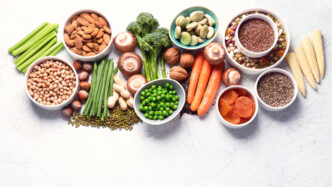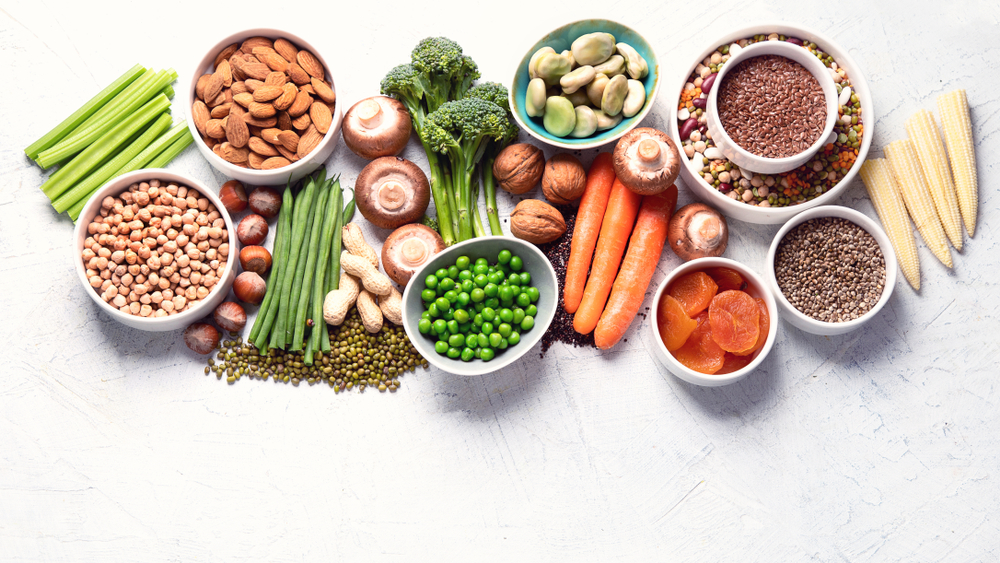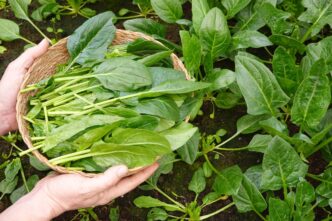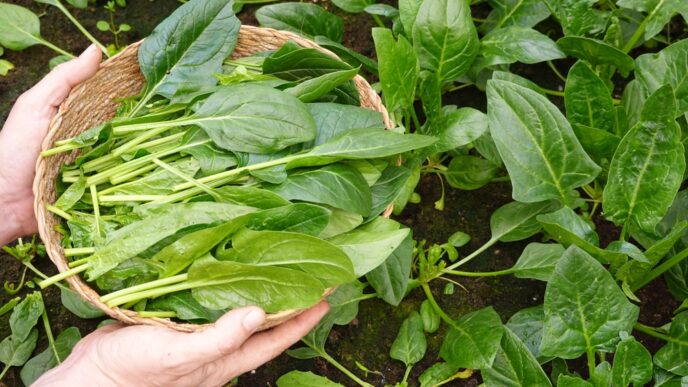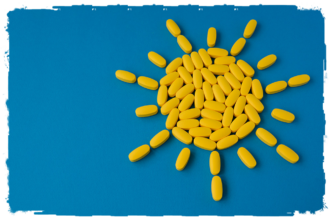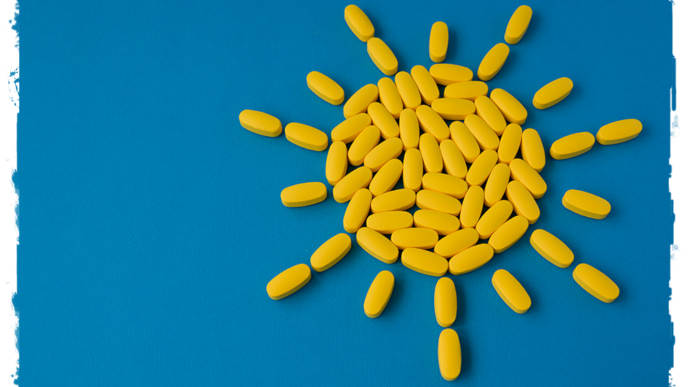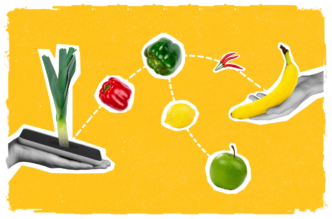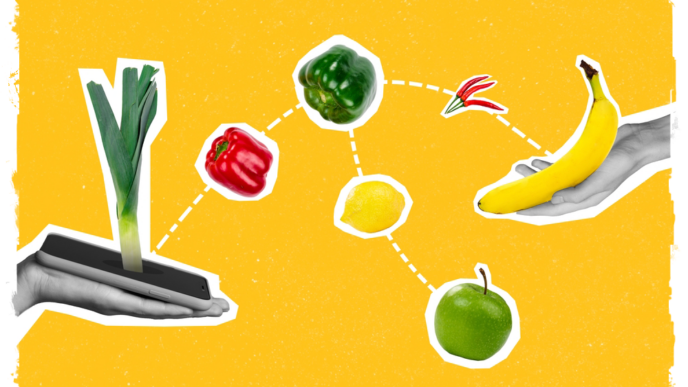WORDS JOSEFINA RAMACHANDRAN & DR HARVINDER KAUR GILCHARAN SINGH
FEATURED EXPERTS
 JOSEFINA RAMACHANDRAN JOSEFINA RAMACHANDRANMaster’s Student in Clinical Nutrition Faculty of Health Sciences Universiti Kebangsaan Malaysia (UKM) |
 DR HARVINDER KAUR GILCHARAN SINGH DR HARVINDER KAUR GILCHARAN SINGHSenior Lecturer Centre for Community Health Studies (ReaCH) Faculty of Health Sciences Universiti Kebangsaan Malaysia (UKM) |
THE FINAL STAGE OF CHRONIC KIDNEY DISEASE IS END-STAGE RENAL DISEASE (ESRD)
- ESRDis characterised by extremely low kidney function, with a glomerular filtration rate (GFR) of less than 15 mL/min/1.73 m2.
- In this state, the kidneys are unable to eliminate waste and toxins from the body, balancing fluid and electrolyte levels, controlling blood pressure, and helping to produce red blood cells.
- Dialysis is the most common treatment used for ESRD patients, aside from kidney transplantation.
- In Malaysia, data from the National Renal Registry 2022 reveals that the prevalence of patients receiving dialysis has increased over the past 10 years, rising from 29,452 in 2012 to 51,256 in 2022 (National Renal Registry 2022). With a rise from 34,272 in 2013 to 53,164 in 2022, kidney transplants also showed the same upward trend.
COMPLICATIONS & DIETARY CONSIDERATIONS FOR ESRD
Individuals with ESRD are vulnerable to various complications such as:
- Anaemia. The breakdown of kidney and blood platelet functions lowers the production of red blood cells in the bone marrow and increases risk of bleeding causing anaemia.
- Metabolic acidosis, or excess acid in one’s body fluids, due to increased acid production, accumulation of hydrogen ions, loss of bicarbonate ions from the gut or kidneys, and decreased ability of the kidney to remove waste from the body.
- Electrolyte imbalance, such as low calcium and high phosphate levels, which can result in the development of bone diseases such as osteomalacia, osteoporosis, and renal osteodystrophy.
- Cardiovascular disease complications.
FOOD RECOMMENDATIONS FOR PEOPLE WITH END STAGE RENAL DISEASE
Consume Adequate Protein
- The daily recommendation is 1.2 g per kg body weight to compensate for loss of dialysate and maintain muscle mass.
- Balance the intake of plant and animal-based proteins to manage complications of ESRD.
- Plant-based proteins are the preferred choice as a high portion of animal proteins have been known to increase uremic toxins for ESRD.
Limit Salt Intake by Avoiding Processed Foods, Fast Foods, and Salty Snacks
- Restricting salt to less than 2 g per day to assist in controlling blood pressure and fluid balance.
Choose Fruits and Vegetables That Are Low in Potassium
- Common examples of such fruits and vegetables are cucumbers, lettuces, green beans, pineapples, and grapes.
| High potassium has been linked to irregular heartbeats while low potassium has been linked to muscle weakness and high blood pressure; thus, a precise balance of potassium and sodium is crucial to avoid kidney complications. |
Reduce Intake of High-phosphorus Foods, Especially from Animal Protein Sources, to Prevent Bone and Cardiovascular Issues
- A high-phosphorus diet lowers bone mass, increases the formation of calcium plaque in the blood vessels of the heart, and lowers the glomerular filtration rate, all of which worsen the current condition of those with ESRD.
THE HEALTH BENEFITS OF PLANT-BASED PROTEINS COMPARED TO ANIMAL PROTEINS
- Substituting plant protein in the diet may be advantageous in lowering serum phosphorus levels.
- Plant-based foods are high in antioxidants, dietary fibre, vitamins and minerals. All of these components can help slow the progression of kidney disease.
- A plant-based protein diet can lessen acidosis, which in turn can reduce hyperfiltration and the presence of protein in urine when compared to an animal-based protein diet.
- Those that consume more plant protein have a higher level of amino acids that are linked to better regulation of blood pressure and prevention of kidney damage from occurring more quickly.
| Hence, it is highly recommended to adopt a variety of nutritious diets that prioritize plant-based foods over animal-based foods. |
POSSIBLE ISSUES RELATED TO PLANT-BASED PROTEINS
Increased Potassium and Phosphate in the Blood?
- Such increase can worsen electrolyte imbalances in people with ESRD.
- However, research has shown that consuming sources of potassium and phosphate from plants does not lead to excessive accumulation of potassium and phosphate.
Lack of Omega-3 Fatty Acides and Vitamin B-12
- Non-vegetarians tend to consume more omega-3 fatty acids eicosapentaenoic acid (EPA) and docosahexaenoic acid (DHA) compared to vegetarians or vegans, but the observed variation was not as large as expected.
- This could be due to the fact that the fact that vegetarians and vegans consume higher amounts of α-linolenic acid, a type of omega-3 fatty acid found in plants. The body can convert it to EPA and DHA.
- Therefore, people with ESRD that are adhering to a plant-based or vegetarian diet should be encouraged to consume foods high in α-linolenic acid. H
- However, as vitamin B-12 can only be found in animal sources, patients with ESRD who follow a vegetarian diet need to take dietary supplements or foods fortified with B-12 to avoid deficiency
- There are concerns that the consumption of plant protein will cause a deficiency in daily protein intake among people with ESRD. However, a recent survey stated that plant protein, if taken in sufficient quantity, would be able to meet the daily needs of patients with end-stage renal failure.
|
References:
- Bavanandan, S., Lai, H., Ong, S., Choo, L. & Loo, C. (2022). All kidney replacement therapy in Malaysia. In Hooi, L.S. & Ong, L.M. (Eds.), 30th Report of the Malaysian Dialysis and Transplant Registry 2022.
- Bernier-Jean, A., Prince, R. L., Lewis, J. R., Craig, J. C., Hodgson, J. M., Lim, W. H., Teixeira-Pinto, A., & Wong, G. (2021). Dietary plant and animal protein intake and decline in estimated glomerular filtration rate among elderly women: a 10-year longitudinal cohort study. Nephrology, dialysis, transplantation : official publication of the European Dialysis and Transplant Association – European Renal Association, 36(9), 1640–1647. https://doi.org/10.1093/ndt/gfaa081
- Darzi, M., Rouhani, M. H., & Keshavarz, S. A. (2023). The association between plant and animal protein intake and quality of life in patients undergoing hemodialysis. Frontiers in nutrition, 10, 1219976. https://doi.org/10.3389/fnut.2023.1219976
- Dupuis, L., Brown-Tortorici, A., Kalantar-Zadeh, K., & Joshi, S. (2021). A mini review of plant-based diets in hemodialysis. Blood purification, 50(4-5), 672–677. https://doi.org/10.1159/000516249
- Khor, B. H., Tallman, D. A., Karupaiah, T., Khosla, P., Chan, M., & Kopple, J. D. (2021). Nutritional adequacy of animal-based and plant-based Asian diets for chronic kidney disease patients: A modeling study. Nutrients, 13(10), 3341. https://doi.org/10.3390/nu13103341
- Kim, S. M., & Jung, J. Y. (2020). Nutritional management in patients with chronic kidney disease. The Korean journal of internal medicine, 35(6), 1279–1290. https://doi.org/10.3904/kjim.2020.408
- Mazzaferro, S., de Martini, N., Cannata-Andía, J., Cozzolino, M., Messa, P., Rotondi, S., Tartaglione, L., Pasquali, M., & On Behalf Of The Era-Edta Ckd-Mbd Working Group (2021). Focus on the possible role of dietary sodium, potassium, phosphate, magnesium, and calcium on CKD progression. Journal of clinical medicine, 10(5), 958. https://doi.org/10.3390/jcm10050958
- Mocanu, C. A., Simionescu, T. P., Mocanu, A. E., & Garneata, L. (2021). Plant-based versus animal-based low protein diets in the management of chronic kidney disease. Nutrients, 13(11), 3721. https://doi.org/10.3390/nu13113721
- Zarantonello, D., & Brunori, G. (2023). The role of plant-based diets in preventing and mitigating chronic kidney disease: More light than shadows. Journal of clinical medicine, 12(19), 6137. https://doi.org/10.3390/jcm12196137

